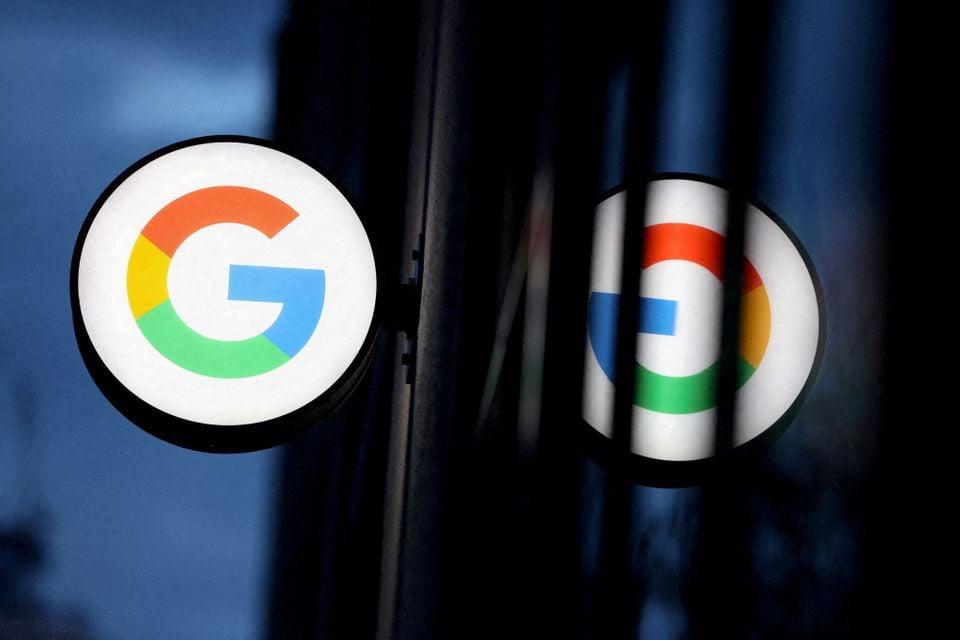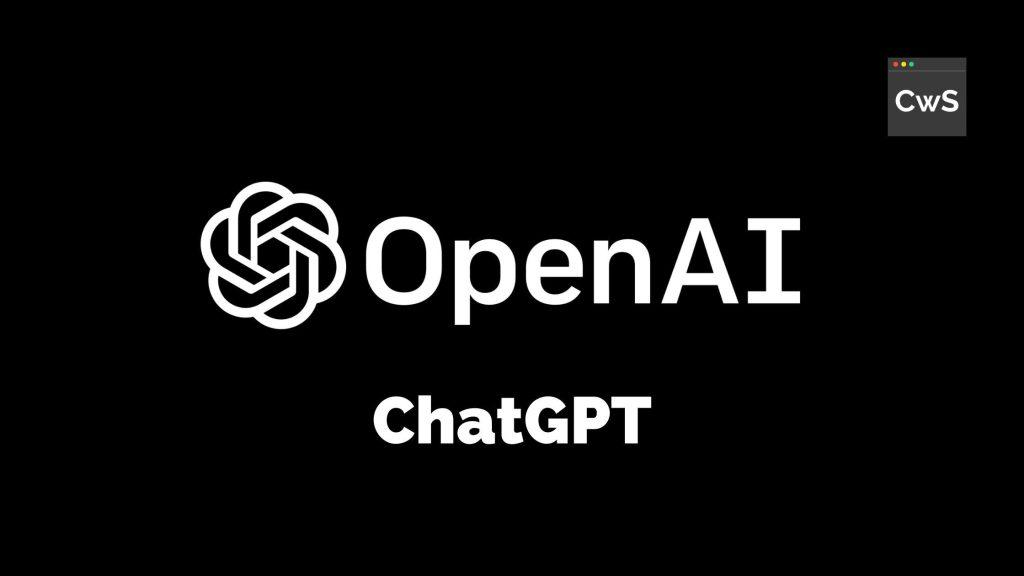Microsoft (MSFT.O) and Quantinuum announced on Wednesday a significant advancement towards realizing commercial quantum computing by enhancing reliability. This development represents the latest milestone in the competitive landscape of quantum computing, where technology giants like Microsoft, Alphabet’s Google (GOOGL.O), and IBM (IBM.N) are racing alongside both competitors and nation-states to harness quantum mechanics for unprecedented computational speeds. Quantum computers have the potential to tackle scientific computations that would otherwise require millions of years on classical silicon-based computers.
However, the building blocks of quantum computers, known as “qubits,” are inherently delicate and prone to data errors when disturbed even slightly. To address this challenge, quantum researchers typically overbuild physical qubits and implement error-correction techniques to obtain a smaller set of dependable and usable qubits.
Microsoft and Quantinuum revealed a breakthrough in this realm. Microsoft deployed a proprietary error-correction algorithm onto Quantinuum’s physical qubits, resulting in approximately four reliable qubits from every 30 physical ones. Jason Zander, Microsoft’s executive vice president for strategic missions and technologies, hailed this achievement as the most favorable ratio of reliable qubits demonstrated on a quantum chip to date.
Zander elaborated in an interview with Reuters, stating, “We conducted over 14,000 individual experiments without encountering a single error. This performance is up to 800 times better than any previous record.”
Microsoft plans to make this technology accessible to its cloud computing customers in the near future. While neither Microsoft nor Quantinuum disclosed a specific timeline for achieving the coveted milestone of 100 reliable qubits needed to outperform conventional supercomputers, Ilyas Khan, Quantinuum’s chief product officer, expressed optimism. Khan suggested that their latest advancement could potentially accelerate progress by at least two years or more towards reaching that target.














